Astronomy
-
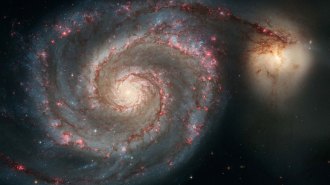 Astronomy
AstronomyAstronomers may have spotted the first known exoplanet in another galaxy
The spiral-shaped Whirlpool galaxy may be the host of the first planet spotted outside of the Milky Way.
-
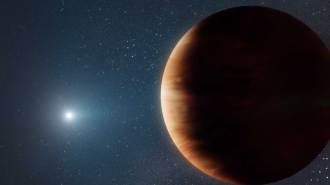 Astronomy
AstronomyA Jupiter-like planet orbiting a white dwarf hints at our solar system’s future
A new planet is the first ever discovered that is orbiting a white dwarf and resembles Jupiter in both its mass and its distance from its star.
By Ken Croswell -
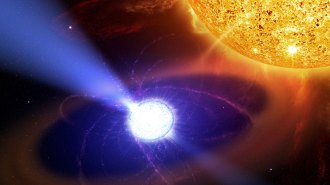 Astronomy
AstronomyThe fastest-spinning white dwarf ever seen rotates once every 25 seconds
A white dwarf star that spins every 25 seconds owes its record-breaking rotation rate to a companion star dumping gas onto it.
By Ken Croswell -
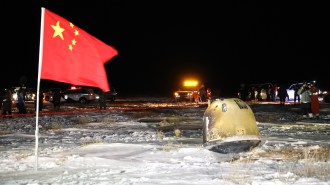 Astronomy
AstronomyChina’s lunar rock samples show lava flowed on the moon 2 billion years ago
The first lunar rocks returned to Earth in more than 40 years show that the moon was volcanically active later than scientists thought.
By Freda Kreier -
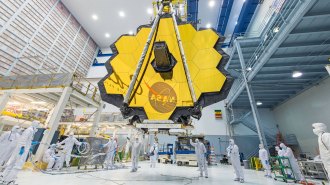 Astronomy
AstronomyWhen James Webb launches, it will have a bigger to-do list than 1980s researchers suspected
The James Webb Space Telescope has been in development for so long that space science has changed in the meantime.
-
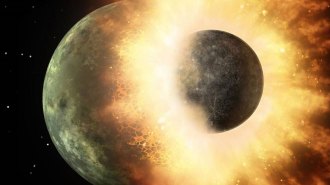 Astronomy
AstronomySpace rocks may have bounced off baby Earth, but slammed into Venus
New simulations suggest a way to help explain dramatic differences between the sibling worlds.
-
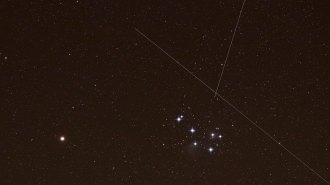 Astronomy
AstronomySatellite swarms may outshine the night sky’s natural constellations
Simulations suggest that satellite “mega-constellations” will be visible to the naked eye all night long in some locations.
-
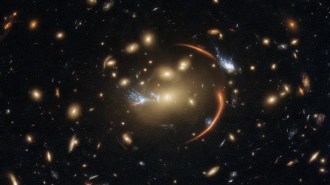 Astronomy
AstronomyA supernova’s delayed reappearance could pin down how fast the universe expands
“SN Requiem” should reappear in the 2030s and help determine the universe’s expansion rate.
By Ken Croswell -
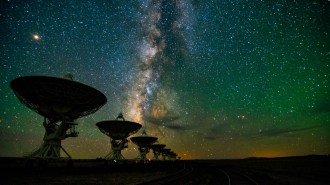 Astronomy
AstronomyHow radio astronomy put new eyes on the cosmos
A century ago, radio astronomy didn’t exist. But since the 1930s, it has uncovered cosmic secrets from planets next door and the faint glow of the universe’s beginnings.
-
 Astronomy
AstronomyNew ideas on what makes a planet habitable could reshape the search for life
New definitions of “habitable worlds” could include planets with global oceans under a steamy hydrogen atmosphere or exclude ones that started out habitable but lost all their water.
-
 Astronomy
AstronomyThe definition of planet is still a sore point – especially among Pluto fans
In the 15 years since Pluto lost its planet status, scientists have continued to use the definition that works for them.
-
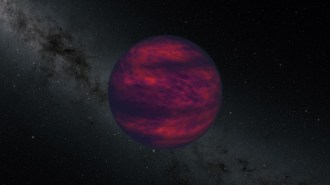 Astronomy
AstronomyHere’s how cool a star can be and still achieve lasting success
The dividing line between successful stars and failed ones is a surface temperature of about 1,200° to 1,400° Celsius, a new study reports.
By Ken Croswell